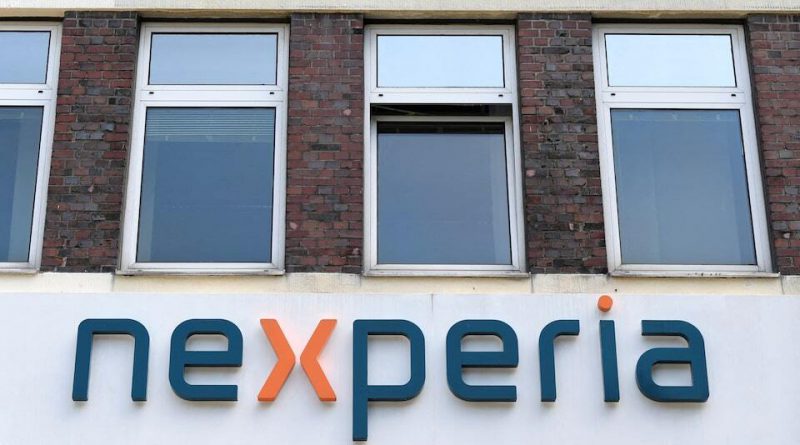Global Optimism Grows as Nexperia Edges Toward Restored Chip Shipments
A wave of cautious optimism is spreading across global semiconductor and automotive industries as reports surface suggesting that chipmaker Nexperia may soon resume shipments from its Chinese facilities.
Though neither the Dutch government nor Nexperia has officially commented, the potential move signals progress toward stability in the international chip supply chain, which has been under pressure for months due to trade restrictions.
The semiconductor sector, vital for car manufacturers like Ford, General Motors, and Honda, has faced significant supply disruptions in recent years.
The anticipated resumption of Nexperia shipments could bring relief to automakers worldwide, helping them meet growing demand and maintain production targets.
Industry experts view this development as a positive sign that nations are moving toward more collaborative, solution-oriented discussions around technology trade and manufacturing.
The Netherlands released a statement emphasizing ongoing communication with China and other international partners. The country reiterated its commitment to finding a “constructive solution” that ensures both economic balance and technological cooperation.
This approach highlights the importance of dialogue and partnership in managing complex global trade relationships, especially in sectors as essential as semiconductors.
Nexperia, a company owned by China’s Wingtech, has been vocal about its desire to see tensions de-escalate. A company spokesperson reaffirmed that Nexperia remains committed to stability and innovation in the global tech ecosystem.
The company has consistently advocated for fair trade practices that allow technology and innovation to flow freely across borders, benefiting economies and consumers alike.
The semiconductor industry plays a critical role in modern economies, powering everything from smartphones and computers to electric vehicles and renewable energy systems.
The potential reopening of Nexperia’s supply channels marks a hopeful turning point in ensuring a steady supply of chips to industries that depend heavily on them.
This would not only stabilize production but also inspire confidence in global manufacturers navigating post-pandemic supply chain challenges.
As the chip industry recovers, many nations are working together to strengthen supply networks and reduce dependency bottlenecks.
The Netherlands’ balanced diplomacy and its efforts to maintain dialogue with China demonstrate how collaboration can overcome trade friction.
A renewed partnership between European and Asian industries could also set a positive precedent for future global trade relations.
Automakers, who have faced months of uncertainty, see this development as a chance to regain momentum. A stable chip supply means smoother production cycles, timely deliveries, and sustained innovation in vehicle technology.
For consumers, this could translate into greater availability of advanced vehicles, including electric and hybrid models that rely heavily on semiconductor components.
Despite previous challenges, the resilience of the tech and automotive industries has remained strong. Companies have adapted, diversified their suppliers, and invested in domestic chip manufacturing.
Nexperia’s potential return to global operations reinforces this resilience and symbolizes a gradual return to equilibrium across interconnected markets.
In the broader picture, this positive shift supports the idea that diplomacy, cooperation, and innovation can coexist to strengthen global progress.
As governments and corporations prioritize dialogue over division, industries dependent on technology and manufacturing can continue to thrive.
The story of Nexperia underscores the power of collaboration in creating a balanced, sustainable, and forward-looking economic environment.



